April 14, 2025 | 10:16 GMT +7
April 14, 2025 | 10:16 GMT +7
Hotline: 0913.378.918
April 14, 2025 | 10:16 GMT +7
Hotline: 0913.378.918
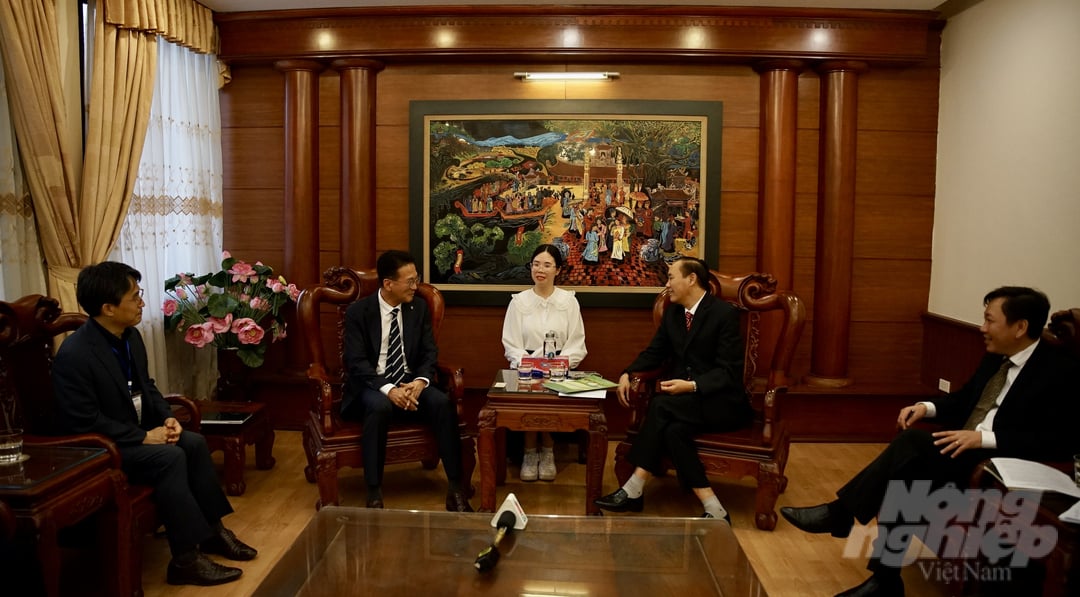
Deputy Minister Phung Duc Tien met with Mr. Chang An Cheol, Head of the External Agricultural Technology Department of the Korea Rural Development Administration (RDA) / Director of the Korea Program for International Agriculture (KOPIA). Photo: Linh Linh.
On May 16, Deputy Minister of Agriculture and Rural Development Phung Duc Tien met with Chang An Cheol, Head of the External Agricultural Technology Department of Korea Rural Development Administration (RDA)/Director of Korea Program on International Agriculture (KOPIA).
The Deputy Minister highly regarded the two parties' close and productive partnership. In recent years, the Korean side, including KOPIA, has positively supported Vietnam's agricultural development efforts.
Three pillars of Vietnam's development strategy are science, technology, education, and high-quality human resources. Consequently, the Strategy for the Development of Sustainable Agriculture and Rural Areas for the period 2021-2023, with a vision to 2050, has identified science, technology, and innovation as the driving force behind the future development of agriculture.
Vietnam aspires to adopt a number of Korean technologies, as Korea is one of the few nations in the world with a potent adoption of science-technology, a strong economy, a good research environment, and a number of desirable technologies. Researchers from Korea are also passionate about assisting and supporting Vietnam.
The deputy minister of MARD proposed that the Korean side support the training of high-quality human resources in the disciplines of science-technology, rural infrastructure, agricultural production, animal husbandry, and agriculture.
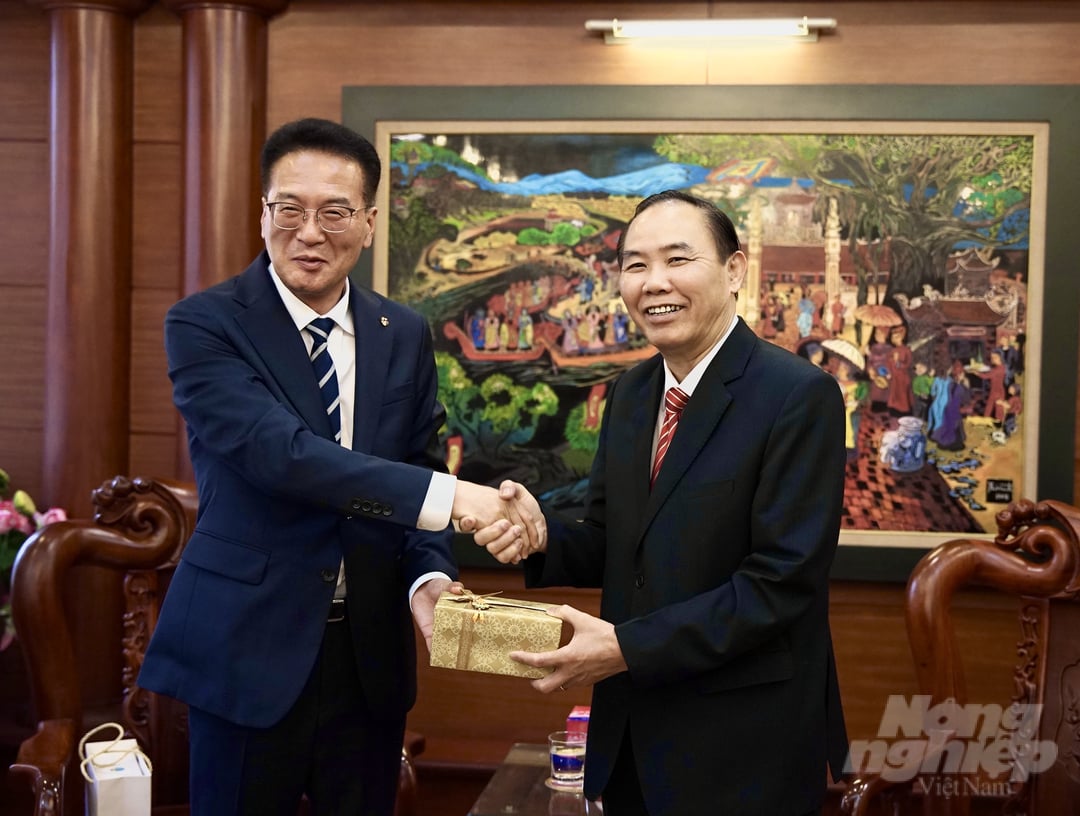
Chang An Cheol (left) presents a souvenir to Deputy Minister Phung Duc Tien. Photo: Linh Linh.
Through nearly 14 years of collaboration with the Vietnam Academy of Agricultural Sciences (VAAS), KOPIA has contributed to the advancement of agricultural science and technology. The research capabilities of agricultural scientists in Vietnam have been bolstered. Through initiatives of technical cooperation, numerous technological advancements and novel plant varieties have been introduced into production. Contributing to the objectives of assuring food security, alleviating poverty, and promoting sustainable development, the outcomes have increased people's incomes from agriculture.
Especially in the development of peanut production in Nghe An and the development of the mulberry and silkworm cultivation model in Yen Bai, numerous results from the two initiatives have been applied to production and widely replicated.
Vietnam and Korea's cooperative relationship will reach its 15th anniversary in 2024. To commemorate the occasion, the Korea Rural Development Administration plans to implement a new initiative to expand agricultural cooperation between the two countries.
"There will be a multitude of initiatives that come to an end. With numerous accomplishments, KOPIA Vietnam is the first center to be established and one of the most significant centers in the Korean international agricultural initiative. Chang An Cheol stated, "Instead of halting a successful and significant project, we want to expand it to a new page with a larger scope."
Mr. Chang believes that, of the 23 KOPIA centers around the world, Vietnam is the best place to build this hub in order to increase the scale of human resources and budget to transfer and popularize agricultural technology to neighboring countries and to serve as a focal point for agricultural cooperation activities between RDA and Asian countries.
"For example, in the field of mulberry silk, I believe that the Vietnam KOPIA can become a center for the development of the silkworm industry in the region, and establish a training center for the Vietnamese mulberry industry, as well as inviting neighboring countries to train and contribute to the development of the mulberry silk industry in the region," said Chang, who urged the two sides to make efforts to implement this initiative. With two groundnut and silkworm plantations, Vietnam has tremendous potential. Mulberry and silkworm cultivation cover 83,000 hectares in Vietnam, the majority of which are located in Lam Dong province, accounting for 75%. After a period of decline, mulberry cultivation and silkworm production in Vietnam are currently beginning to recover.
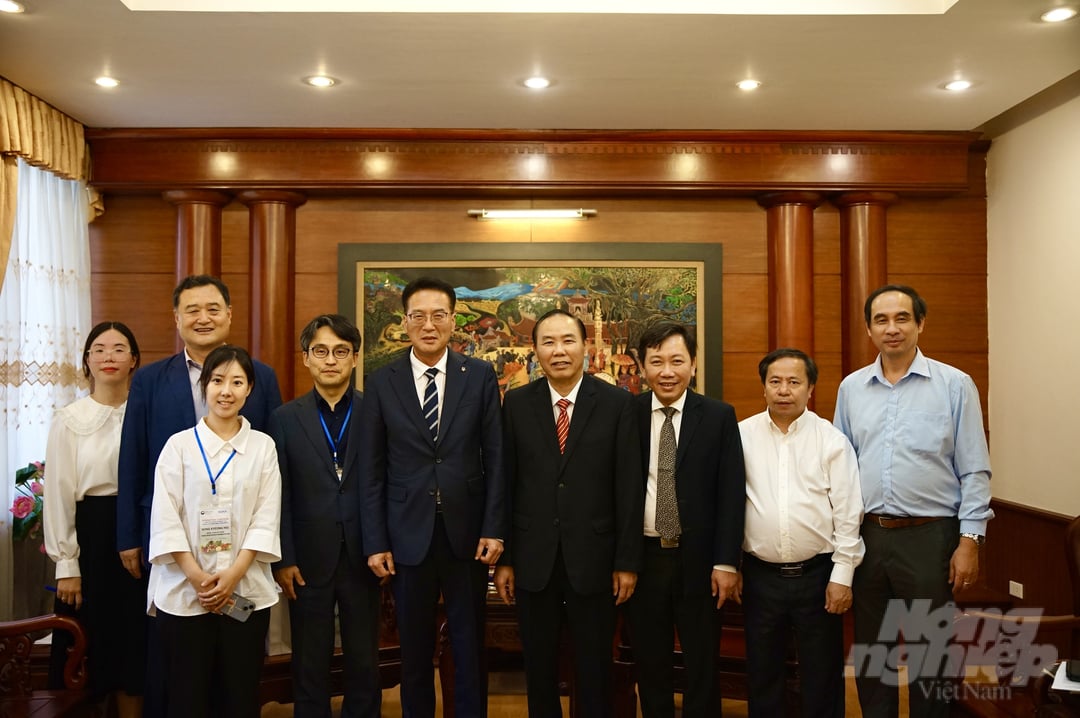
The year of 2024 will mark the 15th year of cooperation between Vietnam and Korea. Photo: Linh Linh.
The Deputy Minister confirmed that when the cooperation between the two parties is implemented, the Ministry of Agriculture and Rural Development will direct provinces and agencies within the ministry, particularly in science and technology, to implement effective projects.
KOPIA is creating the "VH2020" type ideal for the agricultural environment in Vietnam and expanding the mulberry silk business. By manufacturing processed items such as silkworm soap and toothpaste, KOPIA is enhancing the silkworm farming sector.
In 2022, KOPIA spent VND29 billion in Yen Bai province to establish 150 hectares of new mulberry fields. KOPIA has also contributed to the growth of Vietnam's mulberry industry through the pilot silk village project, which involves 500 farmers.
Translated by Dieu Linh

(VAN) According to Deputy Prime Minister Bui Thanh Son, through this P4G Summit, Vietnam aims to convey the message of transforming its growth model towards rapid and sustainable development.
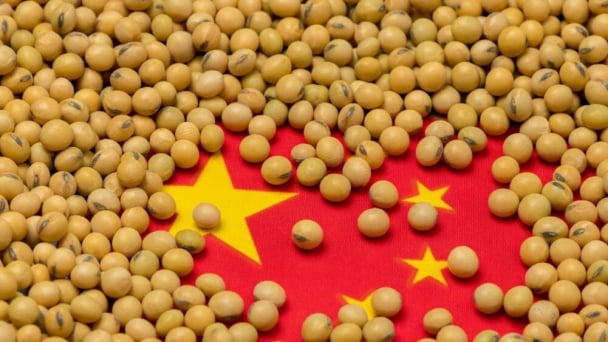
(VAN) Soybean production has been a priority for China to ensure food security, with increased soybean cultivation and yields highlighted in the annual No. 1 Central document.

(VAN) Vietnam Sea and Islands Week 2025 is expected to take place in Quang Binh, featuring a series of meaningful activities aimed at protecting the ocean through green technology solutions.
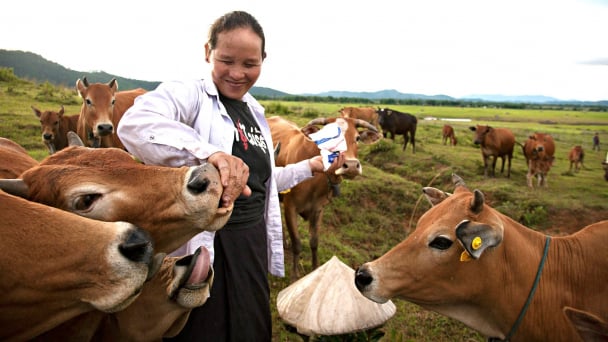
(VAN) The One Health approach is no longer merely an option, as increasingly complex challenges confront health and food systems.
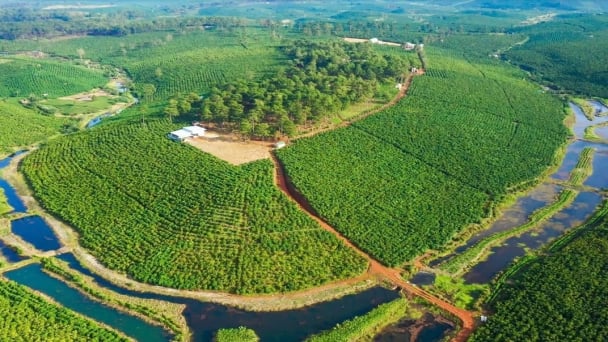
(VAN) The project promoting sustainable coffee production, with a focus on waste management and raising farmers’ awareness, has achieved many positive results after nearly two years of implementation.
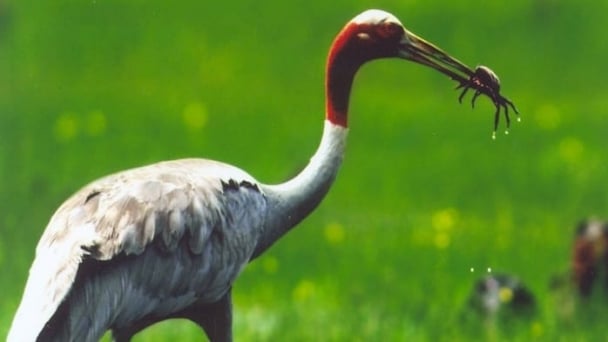
(VAN) Transferring and receiving 6 individuals of the red-crowned crane from Thailand to Vietnam marks a significant milestone in the conservation efforts for this species.
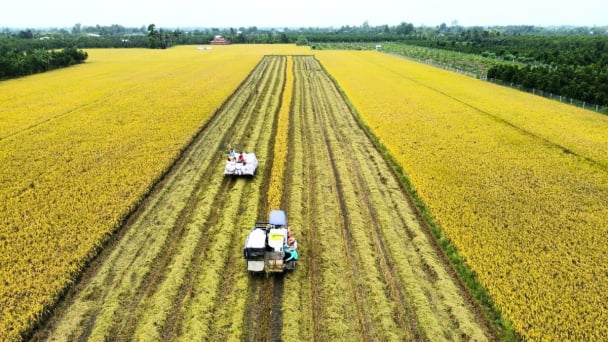
(VAN) After more than a year of implementation, the One Million Hectares of High-Quality, Low-Emission Rice project has completed the first steps, but it needs breakthrough solutions to deepen impacts in the upcoming phase.